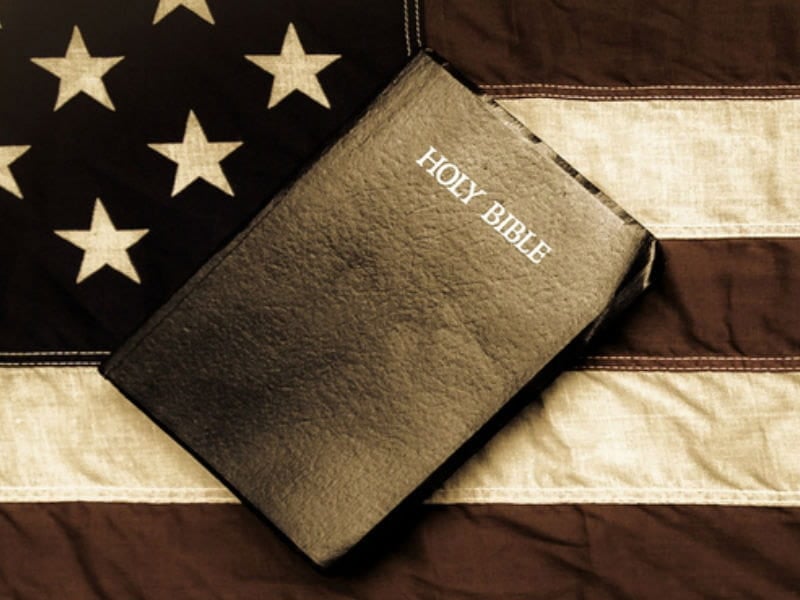That voice is needed.
Imagine that our religious communities begin this coming year by shaping 10 Days for Democracy--the 10 days from Friday, January 12, through Sunday, January 21--into a sacred time for reflection, affirmation, and action on behalf of electoral democracy.
And imagine that we make the inaugural moment, noon on January 20, a time of prayerful presence in Washington, D.C., and in the centers of our major cities.
Why those days, and what would we be doing?
As the struggle over who gets to be installed as president has ended, and the country absorbs how closely divided we were (not only in the voting booth but in the courtroom--crucial 4-3 and 5-4 decisions by the Florida and U.S. supreme courts), we might pause and consider whether there is any role for our religious communities beyond the battles over partisan advantage and political interests.
I think there is: the role of setting forth the deepest values of the American religious communities concerning the nature of electoral democracy.
Is this a question for religion to take up? We have done so before. For the last 225 years, movement after movement has arisen to broaden and democratize electoral democracy in America. When Americans first began to vote, most states restricted the ballot to property-owners, whites, males, often to people over 30. In the most recent great struggle for voting rights, the one that opened the ballot to African-Americans in the South, the religious communities were prominent.
It was no accident that in 1965, at the climactic march for voting rights in Selma Alabama, two of the key leaders were the Reverend Martin Luther King Jr. and Rabbi Abraham Joshua Heschel. It was no accident that on returning home, Rabbi Heschel explained, "I felt that my legs were praying." It was no accident that the involvement of hundreds of clergy in demanding voting rights helped win passage of the Voting Rights Act of 1965.
This coming January, the celebration of Dr. King's birthday (real and official) will fall on Monday, January 15. The celebration of Rabbi Heschel's yohrzeit (the anniversary of his death, which Jewish tradition celebrates rather than the birthday) begins on Friday evening, January 12, and continues on Saturday, January 13. And the inauguration of the next president takes place on Saturday, January 20.
So we have a crucial opportunity to focus public attention on the immorality of an electoral system that rewards great wealth; penalizes the poor, whose ineffective voting machines operate to disfranchise them; punishes the creative exploration of new policy; and enhances the power of local machines through winner-take-all votes for the Electoral College. An electoral system that even now, 36 years after passage of the Voting Rights Act, lets some states turn African-Americans away from the polls in greatly disproportionate numbers.
What could our churches, synagogues, mosques, and temples do?
We could make many or all these reforms the focus of sermons, congregational meetings, teach-ins, town meetings, and other forms of citizen education during the 10 Days for Democracy.
We could proclaim it is God's work to make sure that when we assess the will of the people, everyone is able to take part, without corruption or confusion, coercion or conniving.
The nation will witness us marching once again alongside Dr. King and Rabbi Heschel; marching once again for the right to vote and vote fully. Not simply marching, but praying--as they did, with our arms and legs.

